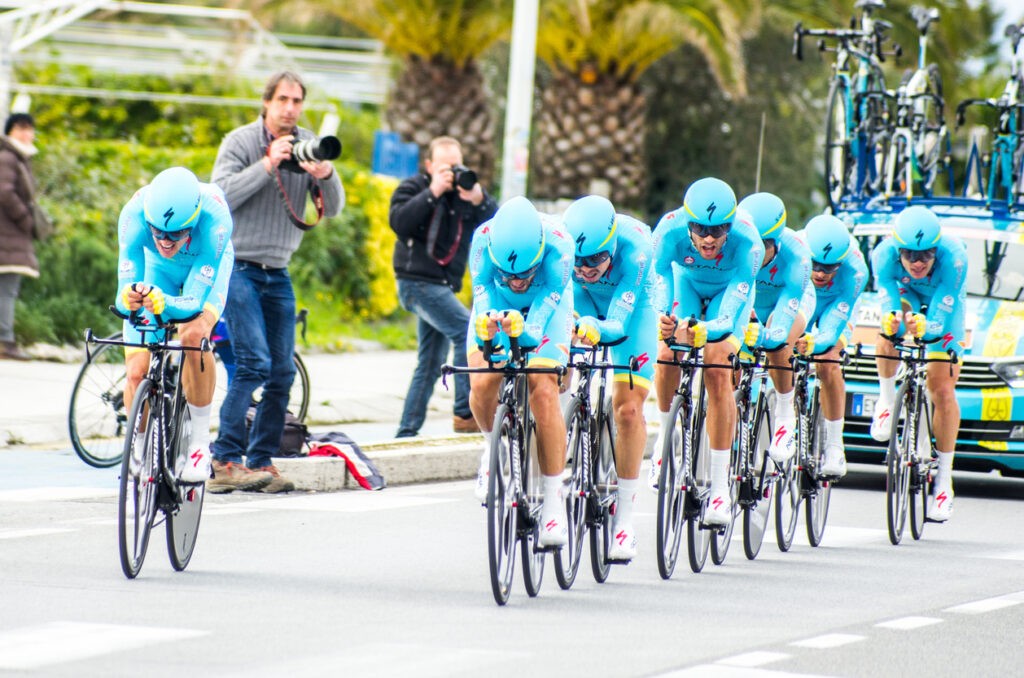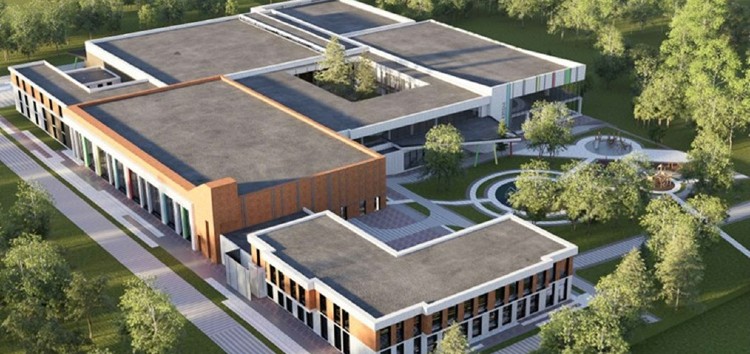Astana Qazaqhstan Team’s Stellar Rise from the Ashes
On July 4, the official website of the National Olympic Committee of the Republic of Kazakhstan announced that Astana Qazaqstan Team member, Mark Cavendish, won the fifth stage of the Tour de France. Winning the Tour for the 35th time, Cavendish surpassed the previous record set by Eddy Merckx and demonstrating the management's rise from recent troubles, his victory revived his team's former glory. Two names Alexander Vinokurov and Danial Akhmetov are the two cyclists who first turned the spotlight on the Astana Qazaqstan Team. In May 2006, "Operation Puerto", the code name of the Spanish police investigation into the doping system in cycling, led by Dr. Eufemiano Fuentes, resulted in a series of searches and arrests involving numerous cyclists. The implication of the Spanish team Liberty Seguros-Würth, of which Kazakh cyclists Alexander Vinokurov and Andrey Kashechkin were key members, led to its sponsors' withdrawal. Vinokurov sought assistance from the then Prime Minister and head of the Cycling Federation of Kazakhstan, Danial Akhmetov. With support from the latter, the Astana team was established that year and Vinokurov celebrated by winning the Vuelta a España, with Kashechkin finishing third. Scandals, intrigues, investigations The first scandal broke out immediately. When the owner of the ProTour license, which belonged to Liberty Seguros-Würth, refused to sell it to Astana, the team submitted an application to the International Cycling Union. The initial response from the IUW was that it could not guarantee the license until the 2007 Tour. Meanwhile, organizers assured Astana that it would be allowed to participate in major international competitions and on December 20, 2006, the team was granted a four-year license. In July 2007, a doping scandal broke at the Tour de France, at the centre of which, was Astana's team leader , Alexander Vinokurov. A test performed after his winning a stage of the classic race showed the presence of different types of red cells in his blood, indicative of a blood transfusion prior to competing, and Vinokourov was disqualified for two years. Andrei Kashechkin was similarly caught and during the second season, two more Astana athletes, suspected of doping, were likewise suspended from racing. All these troubles led to the Kazakh team's absence from the 2008 Tour de France season in the Giro d'I and other Grand Tours. By then, the team was under the direction of Johan Brunel renowned for bringing on winner of the Tour de France, Alberto Contador, and many other strong riders. Both Johan Brunel and Alexander Vinokurov were connected with the doping scandal that followed in 2009. As soon as his disqualification period had expired the famous rider intended to return to "Astana triumphantly." Brunel invited American cyclist Lance Armstrong to Astana to pair with Contador. He persistently objected, however, to the contract with Vinokurov and Kashechkin. Ultimately, he left the team, unable to withstand the confrontation with the famous Kazakh. Armstrong and most of the team went after him, and Contador's contract was delayed for another year. The outcome of the scandals forced...





